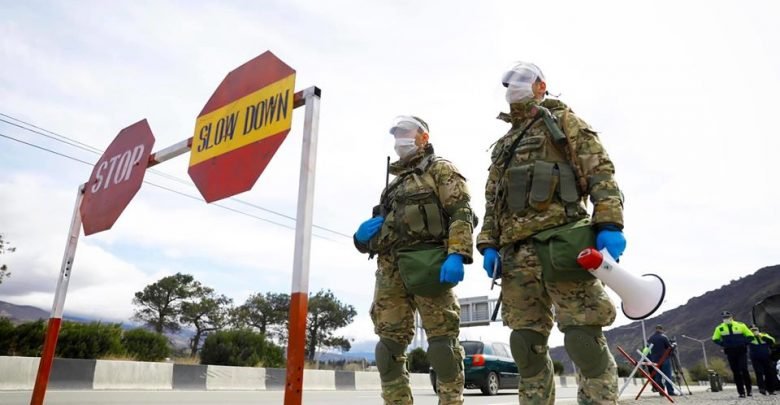
Opposition Slams Anti-Crisis Measures as ‘Vote-Buying,’ Government Denies
On August 6, Georgian Prime Minister Giorgi Gakharia spoke of additional anti-crisis measures to tackle economic and social challenges amid the coronavirus fallout. The third stage of the anti-crisis plan – worth of GEL 410 million (USD 132 Million), of which GEL 130 million was allocated from StopCov fund – entails a social assistance package for individuals, including helping children and students as well as covering utility fees for the households.
With less than three months left before October parliamentary elections, opposition politicians and some CSO representatives suspect that the announced measures serve to win the hearts of voters and bribe them. The Government denies all accusations, saying that make it abandon Georgian citizens in the face of the coronavirus pandemic because of the criticism voiced by the opponents.
Prime Minister Giorgi Gakharia said: “We were saying from the very first days that this assistance would be gradual and fair… Be sure that considering this situation, there will the fourth and probably the fifth stages of aid coming; we will not abandon our citizens in the face of economic crisis only because someone criticizes us.”
Parliament Speaker Archil Talakvadze stated that “the impact of the coronavirus pandemic on the global economy will likely continue and we will do our utmost to restore our economy and to ensure that people return to work, the learning process is resumed and all social and economic functions are restored to pre-pandemic levels.”
MP Roman Gotsiridze of the opposition National Movement party slammed the government’s initiative as “vote-buying.” “We took a GEL 5 billion debt and the government is now manipulating with this money that should be paid off by population,” he said.
“Why did not they give out this money [back in spring], as hungry people were locked in quarantine? Why did they decide to do it now, right ahead of elections?” Gotsiridze wondered.
MP Zurab Chiaberashvili of European Georgia said: “It is quite clear that as part of its PR campaign and offering GEL 50, 100 or 200 to the people, the Georgian Dream tries to buy the right to rob the budget and people during the next four years.”
Noting that “of course, offering money to impoverished people ahead of elections is a vote-buying,” Zurab Japaridze, leader of Girchi party, said “one should rather discuss why are the people in a such a state of misery that they are genuinely happy with being offered beggarly money.”
Irakli Kupradze of Lelo Georgia also accused the government of vote-buying, laying full responsibility for “deep economic crisis” in the country on the governing party, its leader Bidzina Ivanishvili and PM Gakharia.
Some representatives of local civil society organizations also commented on the issue.
Levan Natroshvili of Transparency International Georgia said that “it is questionable to call such programs unjustified especially as a great part of the population faced problems amid the pandemic… But these amounts actually represent the taxes paid by us and it means that the government is returning our money back.”
He then noted that “it actually adds water to the ruling party’s watermill in terms of an election campaign and the pandemic has facilitated the need to implement such programs.”
Vakhushti Menabde of the Georgian Young Lawyers Association said that “it poses a threat ahead of elections, as the government may use it as a manipulation to attract voters… the government should demonstrate that it is not a one-off measure aimed to win voters’ hearts, but rather it is part of a long-term, strategic plan [to mitigate virus fallout].”
This post is also available in: ქართული Русский